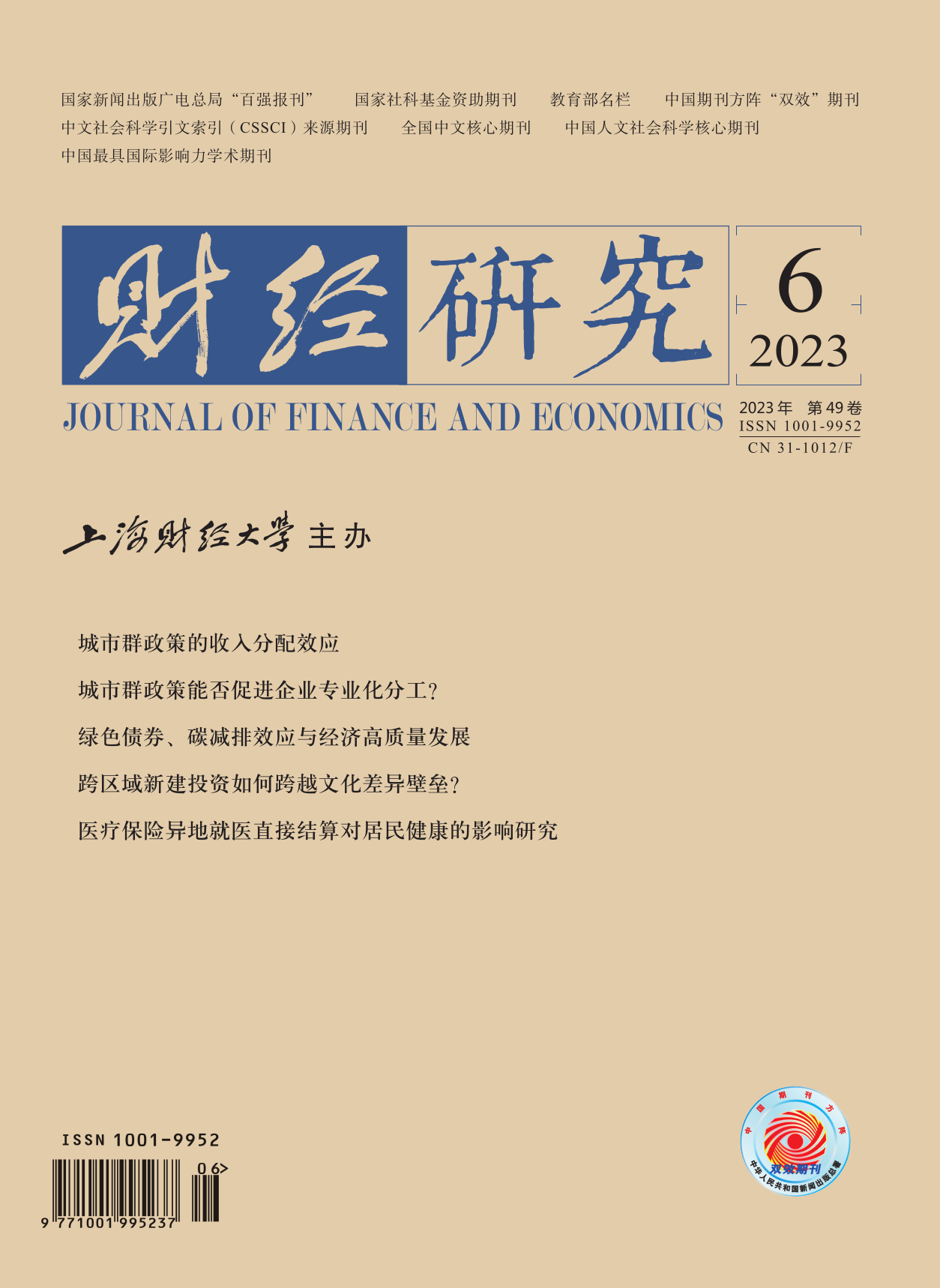The 21st century is an information age. In the process of promoting the implementation of informatization development strategy, the construction of information infrastructure plays the role of basic support and strong guarantee. Under this background, the economic effect of information infrastructure construction has become an epoch-making proposition. As so far, there is little research on the economic consequences of information infrastructure construction from the perspective of corporate boundary. Corporate boundary, i.e., the choice of corporate vertical specialization versus corporate vertical integration, is not only the core issue of new institutional economics, but also enlightening to smooth the circulation of the national economy and speed up the construction of a new development pattern.
Smart City is a new form of urban informatization development under the background of the rapid development of information technology represented by Mobile Internet, Internet of Things, and Big Data. The construction of information infrastructure is the key content of Smart City. Using the construction of Smart City as an exogenous shock on the degree of information infrastructure construction in pilot cities, this paper investigates the impact of information infrastructure construction on corporate vertical specialization utilizing a staggered DID specification.
Empirical research finds that Smart City construction significantly promotes corporate vertical specialization. Mechanism analysis indicates that the promoting effect is mainly achieved through the reduction of external transaction costs. Cross-sectional analysis indicates that when the corporate internal organizational cost is higher, the promoting effect is attenuated. It is also found that the construction of information infrastructure can further improve corporate total factor productivity by promoting corporate vertical specialization. The results suggest that the construction of information infrastructure, including Smart City, should be continuously promoted to deepen corporate vertical specialization and improve economic efficiency.
The possible contributions of this paper are as follows: First, from the perspective of corporate boundary, it investigates the impact of information infrastructure construction on corporate vertical specialization, which contributes to the related research on the micro-economic consequences of information infrastructure construction. Second, it supplements the research on the determinants of corporate boundary, especially the role played by informatization. Third, it enriches the policy effect evaluation of Smart City from the perspective of corporate vertical specialization.





 8111
8111  5862
5862

